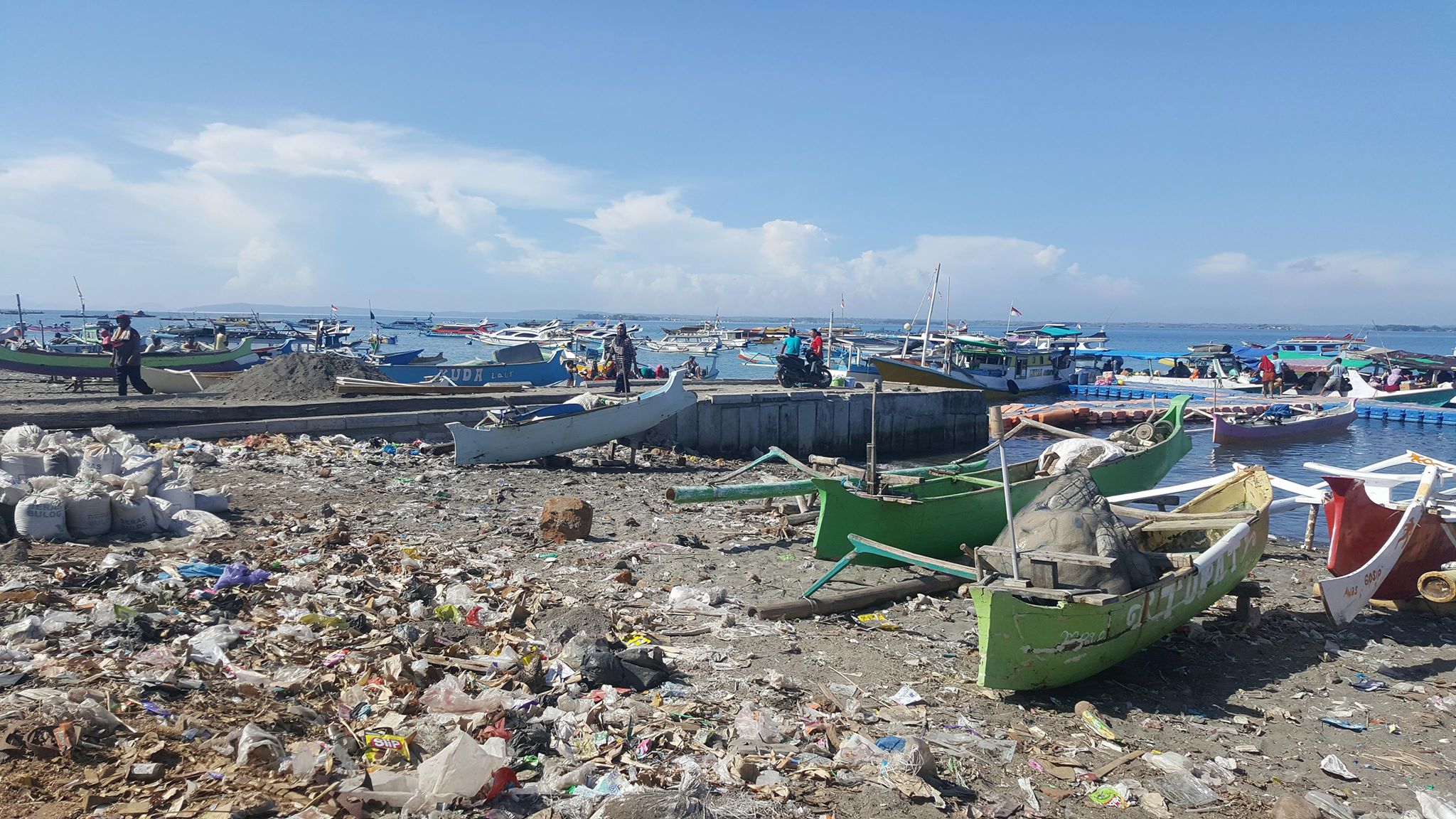There’s plenty of more fish in the sea right? You know what else there is?? RUBBISH.
Visiting Lombok this past week to meet with local universities and partnering organisations for our upcoming conservation spectacular: SORCE, it would be rude not to have a quick dive or two… or three. Initially it appeared that each and every one of the marine variety was out to greet us; Sharks, turtles, Eagle rays, pygmy seahorses, ornate ghost pipefish, robust pipefish, cuttlefish, hairy octopus, to name just a few, but this is simply the everyday of the stunning underwater world that graces the shores of this Southern Indonesian island. The abundance of life made it difficult to believe, on the outset, that Indonesia is the world’s second biggest plastic polluter. But then I began to notice the occasional diaper lying on the seabed; the plastic bottles nestling amongst the corals. Though not necessarily as shocking as images of the Citarum river in West Java or the recently captured underwater plastic storm in Bali, witnessing a thriving ecosystem in what seems to be the early stages of a plastic invasion, seems an ominous threat of what is to come and of what we have to lose if we don’t act.
In recent years there has been more and more articles/documentaries/academic papers focused on the state of our oceans, with much emphasis put on the damage caused by our over indulgence in plastic. However, the sheer magnitude of this issue is difficult to stomach and near impossible to comprehend. It is estimated that globally, only 18% of plastic is recycled with 40% of all plastic being single-use and 8 million tonnes of plastic ending up in the ocean each year (Earthday.org, 2018).These shocking statistics have dire implications for the welfare of our oceans and the marine life that call them home. National Geographic in their recent ‘Planet or Plastic’ series reported on whales surfacing with a multitude of plastic bags bursting from their stomachs, birds that are forced to use scraps of plastic and glass to build new homes after theirs have been destroyed by waste, and somehow even more shocking, the discovery of an old plastic sack in the world’s deepest trench, thousands of feet below the surface.
Then of course we’ve got those pesky microplastics that keep cropping up in, well, everything. These plastic particles and chemical residues are finding their way into the bellies of our fishy friends, on to our dinner plates, into our drinking water and into our soil. This anthropogenic debris is killing our fish, we’re eating it, we’re drinking it… It’s in the sand between our toes and the salt in our hair. Essentially we’ve relied on plastic for too long and now we’re suffocating in it.
At SORCE we plan to address this issue head on. Although Indonesia and Lombok in particular, is undergoing rapid economic growth, this is leading to a rise in plastic based consumer products, without yet an effective waste management system to match. With the amount of plastic in the ocean predicted to increase tenfold by 2050, and some suggestion that there will be more plastic than fish left (by weight) it can sometimes seem an insurmountable challenge. However, together with our partners at the University of Mataram, and in the various Pokmaswas Associations of Lombok, we’ll be aiming to kick-start projects, both in house and reaching out to neighbouring islands and local communities to address the impact plastic is having on the ocean and how to progress towards a more sustainable future. Many of the locals rely on fishing as their primary source of income so it’s crucial to encourage protection and nurturing of the ecosystem which in turn, nurtures them. Neither blame nor judgement is the answer to these problems: what needs to follow is education, innovation, empathy, and an appeal to those who do have the power to make change.
In terms of what can YOU do? More and more lovely people out there are actively trying to cut down on their use of single-use plastic. However, in a world where the Starbucks on every corner promotes its ever-faulty eco image by selling paper straws in plastic wrappers it would seem some people still aren’t getting it…
Shop sustainable! Invest in reusable stuff!! Coffee cups, shopping bags, food containers, nappies! Where you can, avoid plastic altogether! Make your next toothbrush a wooden one. Buy unpackaged food. Use natural soap and shampoo bars instead of bottled. In the extremely topical case of straws there have been many interesting alternatives, get on board with the metal or better yet, the bamboo, or if either of these don’t take your fancy, perhaps try using your god given mouths!
If taking responsibility for your purchase choices doesn’t feel like you’re doing enough then branch out. Start/ sign a petition; Start/ join a social media page; get involved with your local council; attend conferences; watch Ted Talks; educate your friends and family. Pressure companies and local businesses to use less plastic; advocate for single use plastic tax; fight for recycling regulation.
But my biggest recommendation, to get a better idea of both the damaging impacts that are already taking place, as well as the scale of what we have to lose, is to see it with your own eyes. Perhaps I’m biased, or perhaps it just makes perfect sense, but learning how to scuba dive is one of the most worthwhile and wonderful things a person can do. Experiencing the ocean this way, getting up close and personal with all manners of fish; big or small, scary or cute, endangered to… well, with the state of our oceans I suppose these days it’s either endangered or more endangered… but having the opportunity to truly experience the ocean, in all its wonder, should inspire you to act. Then what follows of course is getting your hands dirty! Getting involved with conservation efforts. Come to SORCE next year and help me replant damaged corals and pick soiled diapers out of anemones! For those who aren’t content to sip on their metal straw and hope for the best; become an active part of a movement outside the norms of your regular day to day. Diving, or learning to dive, encourages people to have a wider appreciation of the underwater world and what a loss it would be if we were to ignore the damage we’re inflicting. When you see plastic in the ocean or an animal that’s been entangled or hurt, you’ll want to do more. Fall mask over fins for the ocean and commit to being part of a positive change – to save the thing you love.
~ Sian Wild x ~

